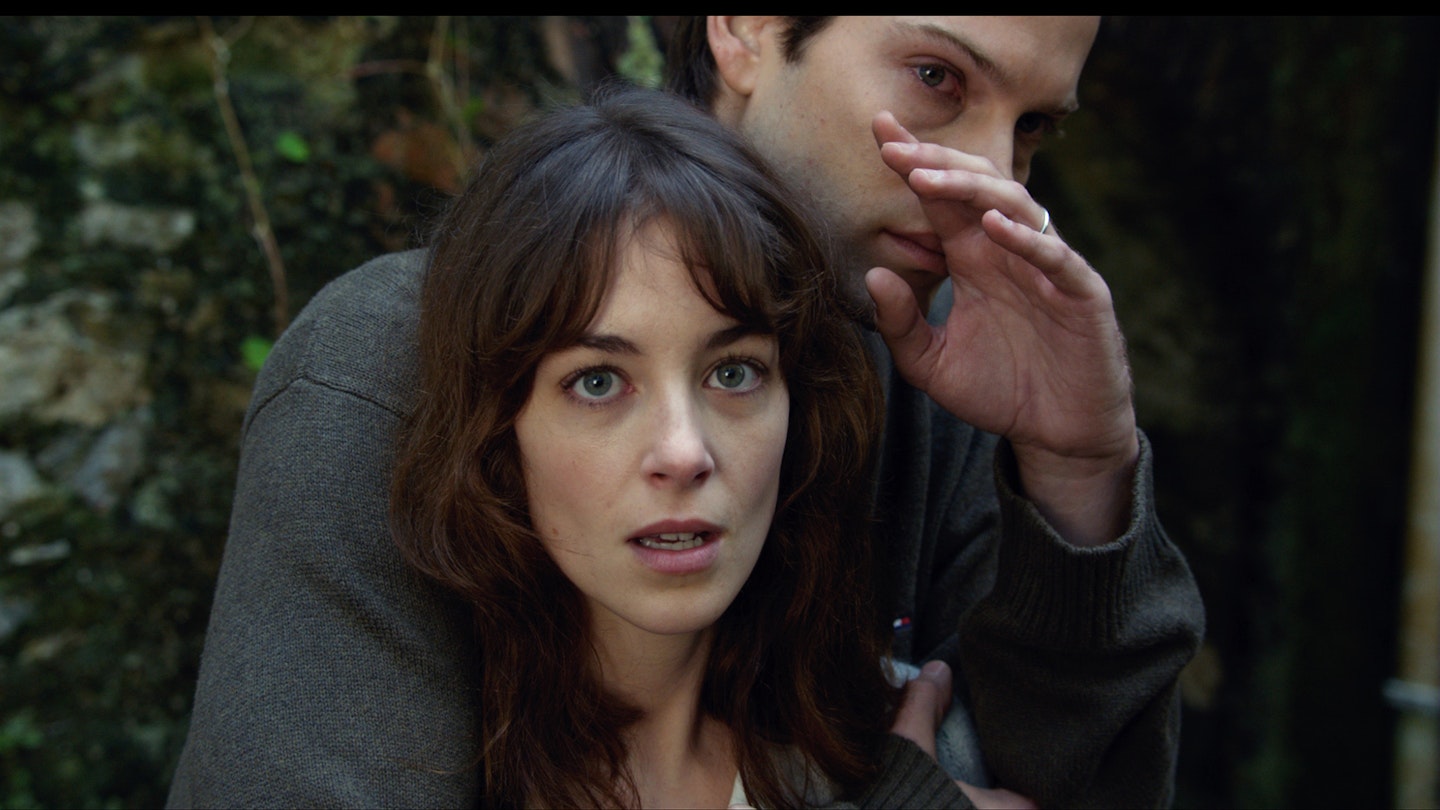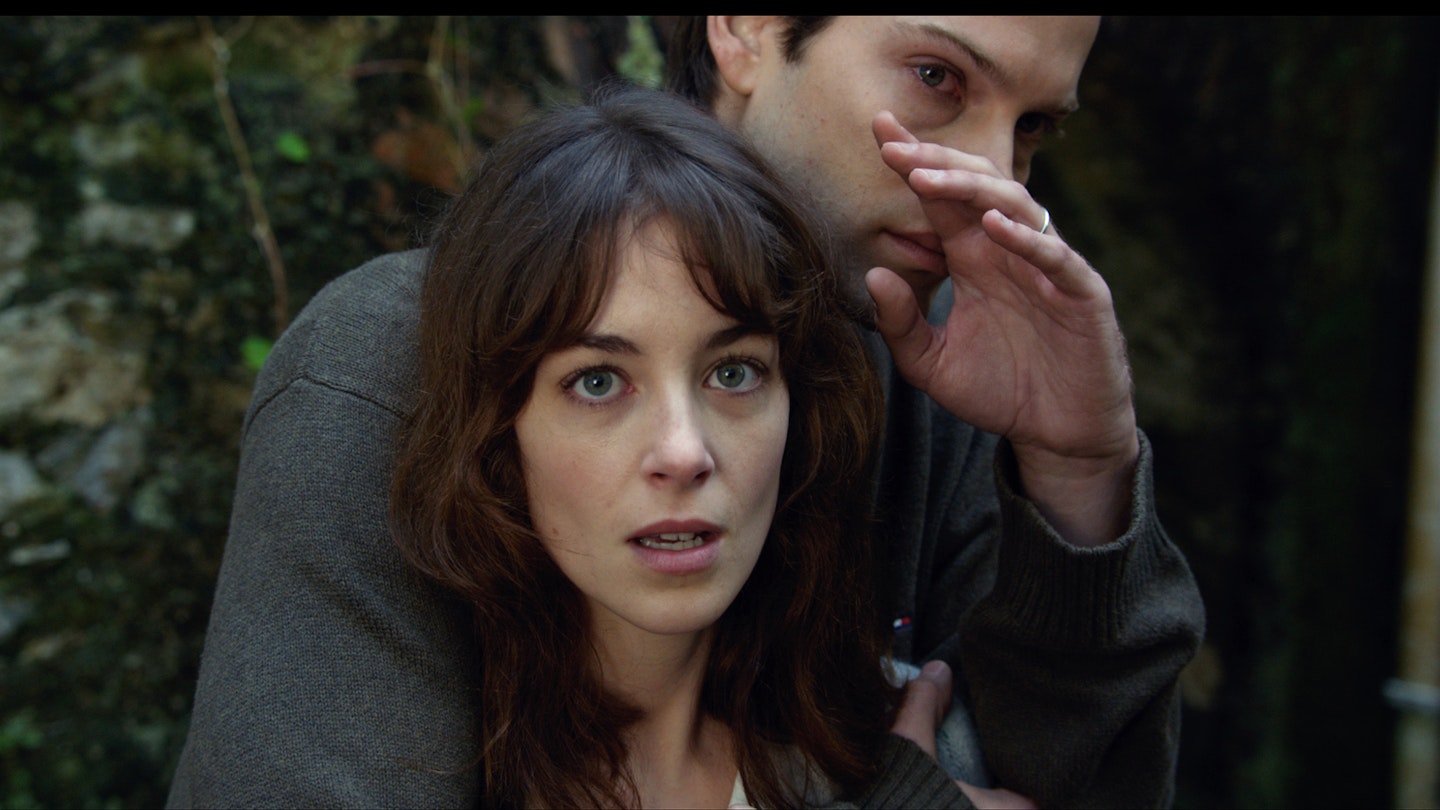
Sometimes you've just to hold up your hands and admit you don't have the first idea what's going on. But, in the case of Andrzej Zulawski's surreal adaptation of Witold Grombowicz's cult 1965 novel, that's no bad thing, as his swan song is designed to puzzle and provoke rather than provide precise meaning.
Returning to film-making after a 15-year hiatus, Zulawski seemed determined to pay homage to his cinematic and literary influences, while also demonstrating that he could be simultaneously intellectual and playful. He succeds in proving that reality is in the eye of the beholder. But even the shrewdest cinéaste will need to concentrate to catch all the insights into the arbitrary nature of language, the elusiveness of freedom and the difficulty of imposing order upon chaos.
Sometimes you've just to hold up your hands and admit you don't have the first idea what's going on.
There is no story to speak of. Instead, Zulawski billets failing law student Jonathan Genet at the guest house run by Sabine Azéma and the gobbledegook-spouting Jean-François Balmer and lets him lose his mind, as he becomes obsessed with finding links between a hanged sparrow, a yonic water stain, an arrow carved into the ceiling and the lips of Azéma's newlywed daughter (Victória Guerra) and her disfigured maid/niece (Clémentine Pons). Add into the mix a fellow guest who keeps getting beaten up on his nocturnal jaunts, a priest with a secret stash of bees and a lookalike whose husband resembles Tintin and you get the gist.
Strikingly designed by Paula Szabo and photographed by André Szankowski, this 'metaphysical noir thriller' delights in its quirky characters, odd occurrences and strange symbolism, whose significance remains shrouded in ambiguity. But Zulawski also challenges the audience to demand more out of cinema than escapist entertainment.
